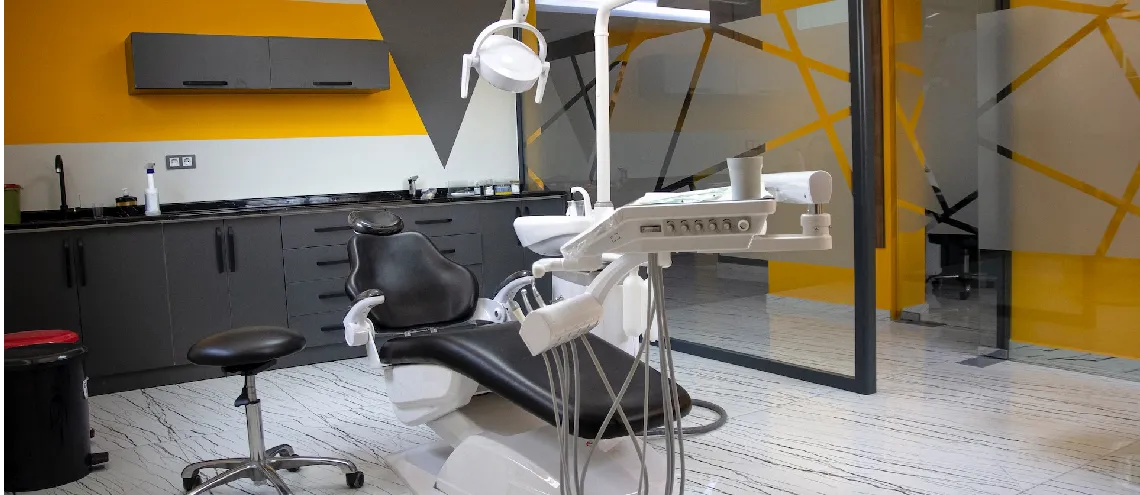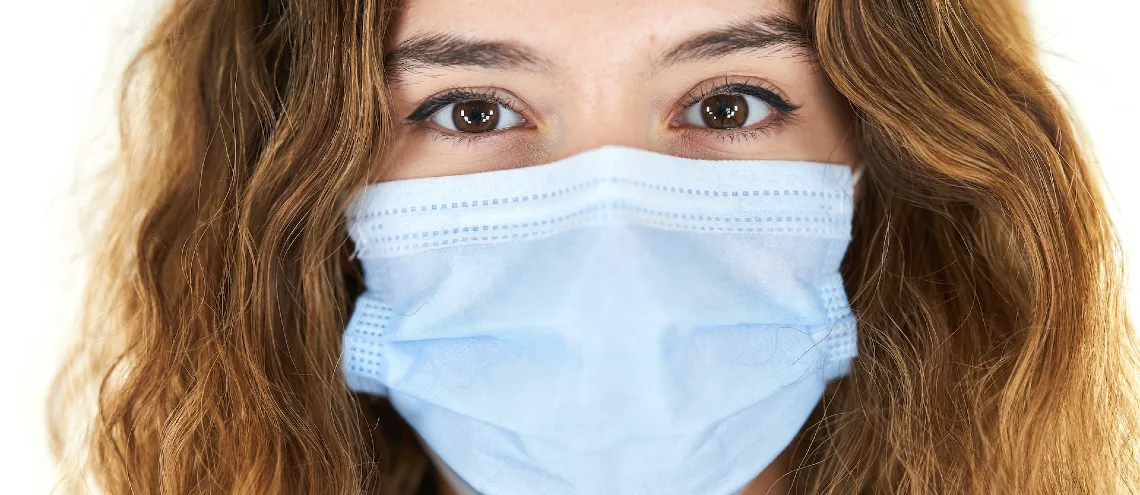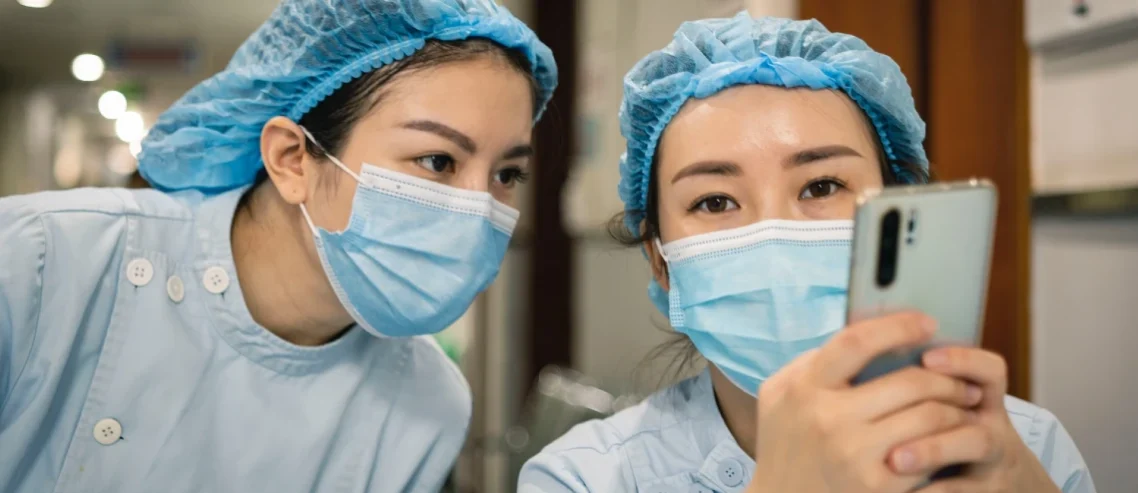How Does Thailand’s Healthcare System Work?
Thailand’s healthcare system has gained international recognition for its remarkable achievements, securing the fifth position worldwide on the Global Health Security Index in 2021. The Southeast Asian country also holds first place in Asia, serving as an exemplary example for developing nations.
This success can be attributed to the system’s affordability and accessibility, which cater to the majority of the local population. Additionally, Thailand’s healthcare system continues to attract medical tourists, further enhancing its global reputation.
In this Pacific Prime Thailand article, we delve into the structure, accessibility, and global ranking of the healthcare system in Thailand. As an expat in the Land of Smiles, gaining a better understanding of the local healthcare system can help you best navigate it and make informed choices.
Let’s dive in.
Thinking about relocating to Singapore? Check out our comprehensive guide on Singapore’s healthcare system for expats.
An Overview of Thailand’s Healthcare System

Since Thailand started its universal health coverage program in 2002, it has become widely recognized for its accessibility and comprehensive coverage. The local healthcare system is largely funded by the government via taxes, giving most of the population access to affordable healthcare services.
The foundation of the system is the Universal Coverage Scheme (UCS), which offers basic healthcare to all Thai nationals and legal residents. The UCS gives individuals access to a broad range of medical treatments with nominal out-of-pocket expenses. These treatments include:
- Consultations
- Medications
- Hospitalization
- Surgeries
Types of Healthcare in Thailand
Thailand’s healthcare system comprises three parts: government-funded healthcare, the private medical sector, and non-profit health organizations (NGOs).
Government-funded Healthcare
The Ministry of Public Health’s (MOPH) Department of Medical Services oversees and manages the government-funded healthcare system in Thailand, encompassing public health services, medical services, and government hospitals.
Universal Coverage Scheme (UCS)
Under the UCS, Thai citizens that hold a Universal Coverage Health card issued by the National Health Security Office can receive free treatment. The comprehensive healthcare program offers coverage for most of the population, including inpatient, outpatient, and emergency care.
Limitations
Despite offering good medical services, government hospitals are notoriously crowded. This means that accessing those services comes with longer waiting times. What’s more, non-Thai citizens who don’t have a Social Security Card or insurance must pay for medical services at public hospitals.
It’s worth noting that dual pricing at Thai public hospitals remains an issue for expats.
Further reading: The Challenges of Thailand’s Public Healthcare System
Private Medical Sector
Thailand’s thriving private medical sector has positioned it as a popular destination for medical tourism, not only within Asia but also globally. Private hospitals in Thailand like Samitivej Hospital and Bumrungrad Hospital, offer exceptional services and are equipped with highly trained staff.
Along with internationally-trained doctors and multilingual personnel, these hospitals boast world-class facilities, ensuring that patients receive quality medical care and treatment. However, the medical service fees in private hospitals are significantly higher than those in government hospitals.
Non-profit Health Organizations (NGOs)
Several NGOs operate in Thailand, including The Red Cross, Médecins Sans Frontières, and World Vision. These organizations play an integral role in offering healthcare services to underserved communities. Similarly, they also provide assistance to vulnerable populations.
From government-funded healthcare via public hospitals and private health services that cater to medical tourism to NGOs that serve disadvantaged populations, individuals can select the healthcare services that best suit their needs.
Cost of Healthcare in Thailand

As a leading medical tourism destination in Asia, Thailand’s reputation comes from its wide selection of healthcare services that are offered at more affordable rates than many cities globally.
Most expats and medical tourists tend to prefer private hospitals in Thailand due to their state-of-the-art medical equipment, English-speaking and multilingual staff, and short waiting times.
Let’s look at the cost of common medical treatments in Thailand, which are helpful to know whether you’re living in the country or just visiting.
Cost of Major Surgeries in Thailand
It is important to note that major surgeries often fall under the category of “pre-existing medical conditions”, which may limit health insurance options. Fortunately, it is possible to obtain insurance coverage for pre-existing conditions, including special retiree insurance plans, in Thailand.
With that said, even though medical treatments in private hospitals in Thailand can be significantly cheaper than in many other countries, the cost of common procedures can still be high, making out-of-pocket payments a financial burden.
Below are approximate starting costs (in USD) for major surgeries in Thailand, based on information from Thailand’s renowned private hospital, Bangkok Hospital.
| Treatment/Procedure | Starting cost in USD |
| Heart Bypass Surgery (CABG) | $13,000 |
| Heart Valve Replacement | $25,300 |
| Hip Replacement (1 Side) | $10,600 |
| Knee Replacement (1 Side) | $9,300 |
| Gastric Bypass | $11,700 |
| Phaco Monofocal Lens (per eye) | $2,250 |
| Spinal Fusion (Exclude Implant) | $10,650 |
Cost of Accident or Unexpected Illness Treatments in Thailand
While emergency medical care can be the difference between life and death in unforeseen circumstances, it can result in significant expenses without sufficient insurance coverage. Here are the approximate starting costs (in USD) for medical treatments in Thailand in case of accidents or illnesses.
| Treatment/Procedure | Starting cost in USD |
| Bacterial Diarrhea | $10 – $160 |
| Dengue Fever | $704 – $2,500 |
| Motorcycle Accident* | $6,000 – $60,000 |
| Medical Evacuation | $8,000 – $12,000 |
*Note: Costs for motorcycle accidents may vary depending on the severity of the accident.
Cost of Dental Treatments in Thailand

Dental care is another popular aspect of medical tourism in Thailand. The country is known for its high quality yet more affordable prices compared to developed countries. Consider the approximate starting costs (in USD) for common dental procedures at private clinics in Bangkok.
| Treatment/Procedure | Starting cost in USD |
| Ceramic Crown | $350 – $770 |
| Implant (per tooth) | $1,550 – $2,400 |
| Whitening (price varies) | $220 – $330 |
| Root Canal Treatment | $300 – $440 |
| Wisdom Tooth Extraction | $185 – $380 |
| Ceramic Braces | $2,500 – $3,100 |
While healthcare costs in Thailand remain relatively affordable, it’s advisable to have comprehensive health insurance coverage so you can enjoy the peace of mind that comes from knowing you can access quality medical care whenever you need to, without hefty out-of-pocket expenses.
Why Expats Need Private Health Insurance in Thailand

Private health insurance is essential for expats living in Thailand as it provides comprehensive coverage and offers access to a broader network of healthcare providers, including hospitals and clinics with English-speaking staff, world-class standards of care, and innovative medical technologies.
Likewise, expats can receive prompt medical attention, avoiding the long waiting times often experienced in public healthcare.
- A broad network of private healthcare providers: Private health insurance in Thailand provides expats with a wide network of private hospitals and clinics. These facilities offer personalized services, advanced treatments, and overall superior care compared to public hospitals.
- Tailored coverage options: Expats can customize their private health insurance coverage to meet their unique healthcare needs. They can choose from options such as hospitalization, outpatient care, specialist consultations, and more, aligning their coverage with their needs and budget for comprehensive protection.
- Financial protection: Private health insurance in Thailand provides expats with crucial financial protection against the potentially high costs of medical treatments, including emergencies and specialized procedures, which helps safeguard their savings and maintain financial stability.
- Add-on benefits: Supplementary benefits such as dental care, maternity coverage, preventative screenings, and wellness program can enhance expats’ overall well-being and provide access to a wider range of medical services.
Conclusion
As an expat living in Thailand, securing private health insurance is imperative to ensure comprehensive coverage and peace of mind. Customizing your coverage to meet your unique healthcare needs and budget allows you to enjoy financial protection against high medical costs.
But navigating the complex world of health insurance can be difficult without expert assistance. That’s where Pacific Prime Thailand comes in.
As a leading health insurance brokerage and employee benefits specialist, we can help you find the best private health insurance plan tailored to your needs.
Contact us for impartial insurance advice or a free plan comparison today!
Frequently Asked Questions
Are healthcare services free in Thailand?
The Universal Coverage Scheme (UCS) offers free public healthcare, which is administered by Thailand’s Ministry of Public Health.
Is the quality of medical care in Thailand good?
Healthcare in Thailand is generally good, especially in the capital city of Bangkok as well as other popular expat destinations like Phuket and Chiang Mai.
Do you need to pay for hospital services in Thailand?
Thai citizens have access to free healthcare services through the public healthcare system, which is overseen by the Ministry of Public Health. However, foreigners are required to pay for medical treatment at government hospitals.
- Premarital Checkup: What It Is and Why It Matters - September 20, 2023
- The Best Neighborhoods for Expats in Bangkok - July 27, 2023
- Thai Visa Guide for Expats and Foreigners - July 13, 2023





Comments
Comments for this post are closed.
We'll notify you
when our team replies!